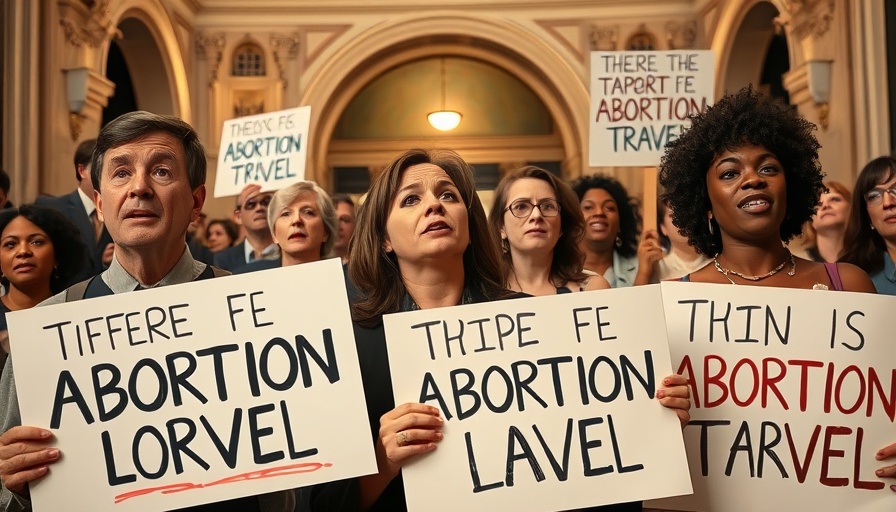
San Antonio's Abortion Travel Fund Faces Legal Roadblock
A recent decision by the Fifteenth Court of Appeals in Texas has halted the distribution of San Antonio's $100,000 travel fund intended to assist women seeking out-of-state abortion services. This move comes as part of a broader legislative trend in Texas aimed at restricting public funding for abortion-related assistance.
City's Initiative and State Reaction
In April, the San Antonio City Council approved the creation of this fund—intending to provide financial support for those traveling out of state for abortion care. However, the initiative met swift resistance. The Texas Attorney General's office filed a lawsuit arguing that such funding violates the Texas constitution’s "gift clause," which prohibits using public money for private purposes. This argument led to an injunction from the appeals court, preventing the city from proceeding with its plans.
Political Context and Implications
This legal decision arrives amid ongoing changes in Texas legislation. The legislature has recently advanced a bill that would outlaw public dollars from funding "abortion assistance entities," a measure that reflects the state's increasing reluctance to support abortion access in any form. If signed into law by Governor Greg Abbott, such restrictions could significantly impact not only San Antonio's plans but also similar initiatives elsewhere in the state.
The Impact on Women in Texas
Many women in Texas rely on resources like this fund when faced with decisions regarding their reproductive health, especially as access to abortion becomes increasingly limited. As communities push for reproductive rights, challenges like the one faced by San Antonio highlight the contentious intersection of public health, legal frameworks, and political agendas. Understanding this context is crucial for residents who may be affected.
Next Steps and Community Perspectives
The City Attorney's office has expressed disappointment over the injunction and is currently exploring its options moving forward. Local advocates have also voiced concerns, emphasizing the potential ramifications for women in need of these critical services. This ongoing legal battle raises questions about the future of reproductive rights and accessibility in Texas, and residents are encouraged to remain informed and engaged with local policies that affect personal health decisions.
 Add Row
Add Row  Add
Add 




Write A Comment